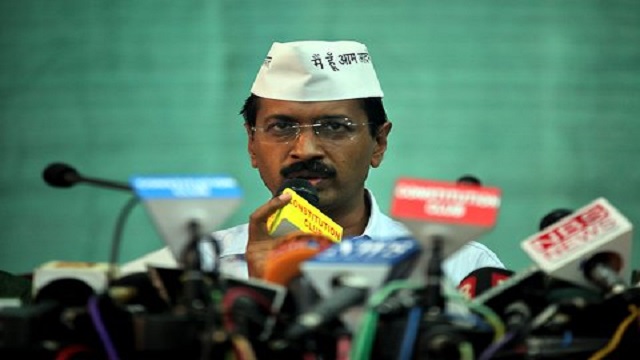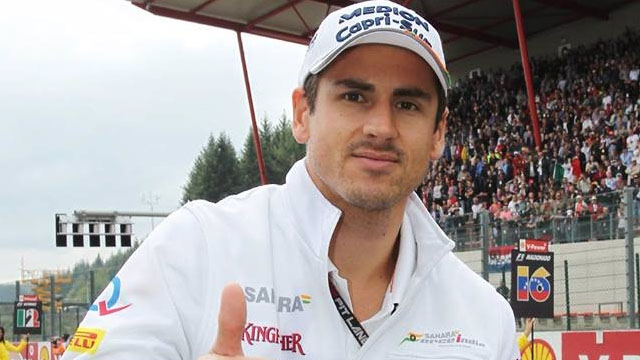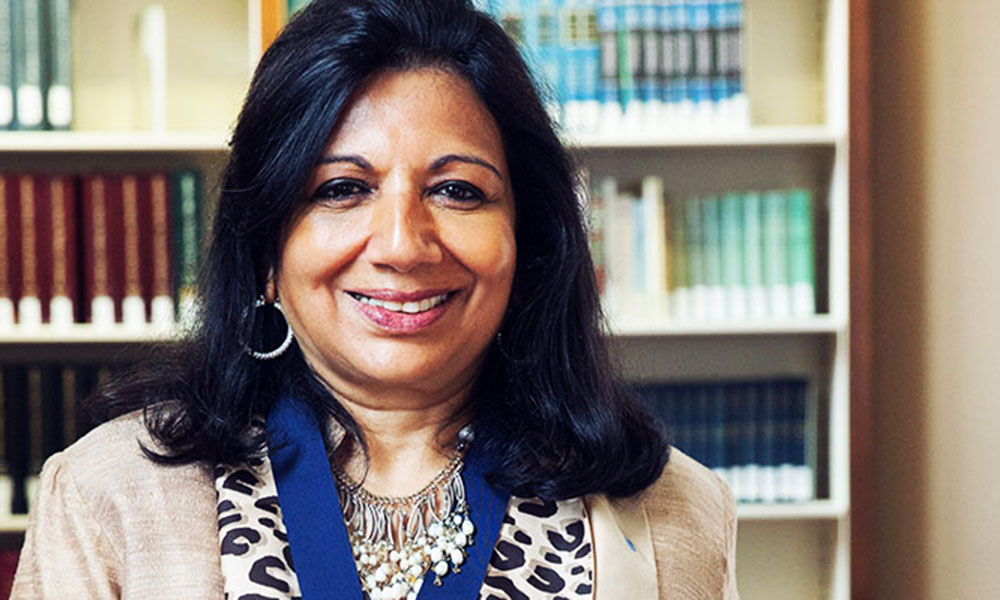Kejriwal’s arrogance in not joining any political party and saying no to doing substantial politics indicates towards Rahul-like evasiveness and a future like anti-establishment parties of the world.
When Rahul Gandhi appeared on the political scene, people had high expectations from him. They wanted to listen to him, see him, and above all wanted him to do work for them. But Rahul kept evading the questions and politics.
Thanks to his silver spoon descent and no other work at hand that he agreed to join politics. In 2004 he was made vice-president of the Congress party and since then, the speculation of him joining the UPA government picked pace.
But Rahul did not budge. Even when he had a golden opportunity of joining Manmohan Singh’s cabinet and gaining experience in 2011 and 2012 during the cabinet reshuffle.
Today, he is paying for his mistakes. Now people see him as someone who is incapable and inexperienced despite being in politics for almost a decade. His clout, which includes Omar Abdullah and Milind Deora, are running government and taking greater responsibility than him. His arrogance in dismissing the old-school politics and politicians is also costing him support from them. Public doesn’t want to hear him and his party is losing seats wherever he goes.
Arvind Kejriwal, on the other hand, has good administrative experience as he was an income tax commissioner. His educational credentials are higher than Rahul. Kejriwal enjoys massive support and people follow him wherever he goes. He joined politics and stepped up the ladder with hardwork. And the result is beautiful. The debutant Aam Aadmi Party emerged as second largest in Delhi by a mere difference of 4 seats from the Bhartiya Janata Party, the winner.
But the dissimilarity ends here.
While the people expect AAP to form the government in Delhi, the party is adamant on forcing another election on the lazy public of Delhi which, for the first time, dragged its feet out of their houses and recorded a 65 percent voting. This percentage, by the way, is lowest compared to the other four states who went to assembly election along with Delhi.
The BJP has been asking AAP to form a government extending its support. The Congress party has even agreed to unconditional support to AAP. Even its own sympathisers like Kiran Bedi and Anupam Kher, including winning party candidate Manish Sisodia, have suggested Kejriwal to take support from BJP and form the government as this is what people will want.
But Kejriwal is hell bent on not taking or giving support to any other party for forming government.
It may be a good strategy to keep the popular faith intact and sitting in opposition to keep a tab on the government. But in longer run, it will only harm the party.
The arrogance that Kejriwal is showing will soon wane the public away. People want to see Kejriwal running the government because sitting in opposition will mean taking hands off from the main responsibility. Also, the experience that Kejriwal and his party members will gain being in the government will only increases their credibility.
Corruption is not the only problem of India. And if we can say, it is not the biggest problem of India. Poverty, illiteracy and hunger are bigger problems. By taking the responsibility and working on every issue will provide them more insights and the public will gain from clean politics.
He is talking about spreading AAP’s roots in other states and fighting general elections. He is slamming Congress and BJP left, right and centre for their policies and working. But he is evading responsibility, just like Rahul.
The world is full of examples where political parties took the country by storm and went into oblivion because of the same mistakes that AAP and Kejriwal are making.
Political commentator and writer Hasan Suroor in his article explains the conditions that led to the demise of political parties like AAP in other countries due to their anti-establishment stand and evasive politics.
Giving example of Italy’s Five Star Movement (M5S) and its leader Beppe Grillo, Surror says: “A feisty stand-up comedian and blogger, 64-year-old Grillo was hailed as a messiah by an electorate fed up with mainstream parties seen as corrupt, exploitative and incapable of good governance. The media called it a ‘stunning turn of events’’ and attributed the rise of this citizens’ network-turned-political party to people’s yearning for a ‘new kind of politics’’.
But like AAP, it refused to enter into any ‘messy deals’ with other parties to form a government. “Not even small messy political deals…We’ll have 110 people in parliament and we’ll be millions outside,” declared Grillo arguing in the manner of Kejriwal that to join hands with parties he fought against would be a ‘betrayal’ of his supporters.
What followed has a grim lesson for AAP as it basks in the glory of its sensational political debut. The party has since split. It was routed in local elections in the summer– failing to win any of the 564 towns and cities where it contested. Grillo himself has become a butt of jokes.
The story of Five Star Movement, which went from zero-to-hero-to-zero again under a popular but uncompromising leader, illustrates the perils of being mesmerised by AAP-style election victories achieved on the back of an emotional anti-establishment public backlash.
It also highlights the danger of turning politics into a morality play as AAP is doing with its touch-me-not approach for fear of being ‘contaminated’ by other parties. Grillo did the same. And look, what happened to him. He paid the price for daring to dip his feet into water but not wanting to get them wet.”
Suroor further writes: “Jean-Luc Melenchon, leader of France’s Left Front which came from behind to take the fourth place in the 2012 French presidential elections winning 11 per cent of the votes, described his party as representing “the people of French revolutions and rebellions”. Which, translated into Hindi, sounds a lot like Kejriwal’s description of AAP as “aam aadmi ka andolan’’ and a “kranti’’. Less than two years later, nobody gives a toss for Melenchon and his “revolution’’.
In Belgium, little-known Vlaams Belang (Flemish Interest) grabbed headlines winning 12 per cent of the national vote in the 2007 elections on a platform of immigration and independence for Flanders. But gradually as passions cooled down and “normal’’ politics resumed, it started to lose steam and in the 2010 elections its vote fell to less than eight per cent. Desperate to regain ground, it has embarked on an Islamophobic campaign “Women Against Islamisation’’ featuring, its leader Filip Dewinter’s teenaged daughter in a burka and a bikini.
In Britain, the far-right British National Party (BNP) shocked the three main parties—Conservatives, Labour and Liberal Democrats—with a wave of victories in local elections four years ago forcing immigration to the top of the national agenda. For the first time it won two seats in the European Parliament and its leader Nick Griffin gained enough respectability to be invited by the BBC to its prestigious Question Time despite protests from rights groups. Since then, the party has gone steadily downhill with many of its leading lights leaving it to form their own groups or join other parties. Ask about its once high-profile leader and the answer you are likely to get is: “Griffin who?’’”
Given these lessons, the time has come that Kejriwal leaves his arrogance and fears aside and takes advantage of the situation by cutting Congress’ entire support base. Else, Kejriwal should be ready for a fate like Rahul where the public will no longer take interest in him and his party will go into oblivion.





